It seems counterintuitive to opt for cloth diapers when disposable diapers are so convenient. However, according to some positive parenting solutions reviews, there are several good reasons to use cloth diapers.
Read another related article on this website: Costly Diapering Mistakes and Positive Parenting Solutions
Babies can use as many as 8,000 or more diapers by the time they are potty trained. Disposable diapers also end up in landfills and thus pollute the environment. Biodegradable diapers are expensive.
Using cloth diapers is certainly not as convenient as using disposable diapers and then throwing them away. Cloth diapers need to be thoroughly laundered and disinfected, and parents need to stay ahead of the task so that they don’t run out.
However, if parents consider the money cloth diapers ultimately save and their impact on the environment, they might be willing to go the extra mile.
One research study explains, “These newer types of diapers reduce the incidence of diaper dermatitis. The non-biodegradable material used in super-absorbent diapers is, however, a matter of serious concern because of its toxic effects and environmental pollution.”
So here are some good reasons why parents should choose cloth diapers.
Reason No. 1: Cloth Diapers Have Improved.
Positive parenting solutions reviews show that cloth diapers no longer resemble the rags that they used to be. They are usually made of microsuede or fleece material that can absorb a lot of moisture and keep a baby’s bottom comfortable and dry. There are also inserts available that further help prevent leaks. Prefolds with cotton and wool covers can keep a baby’s bottom dry and warm on wintery nights. Better diapers mean better nights for the baby as well as the parents.
Conventional disposable diapers were less able to keep the skin dry than SA diapers and were not superior to cloth products in most instances. —Researchers at Colorado State University
Reason No. 2: Cloth Diapers Are Cheaper.
If a baby wears diapers for two years, a set of cloth diapers costs $800 to $1,000 on average, whereas the average cost for disposable diapers for one baby is approximately $2,000 to $3,000. If a family has more than one baby in the diaper phase, they would be spending a huge amount of their monthly budget on diapers alone.
While parents have to constantly buy large amounts of disposable diapers, a baby needs only forty or so cloth diapers for the entire diapering phase. The initial cost of cloth diapers and inserts may seem high, but once parents have made the initial investment in cloth diapers, they don’t have to spend anything further. So, positive parenting solutions reviews are in favor of cloth diapers.
Reason No. 3: Cloth Diapers Are Reusable.
Cloth diapers can be reused over and over. All they need is a thorough washing with an efficient, heavy-duty detergent. There are cloth diaper laundering services available too, but they cost a lot. On the other hand, running one cycle would suffice for cleaning a load of dirty cloth diapers. Parents can sun-dry the diapers to cut down on the electricity needed to run a dryer.
Reason No. 4: Cloth Diapers Are Free of Chemicals and Toxins.
Even the most premium brands of disposable diapers contain some amount of chemical agents, such as dioxin and sodium polyacrylate (AGM). AGM is the gelling material responsible for the superabsorbent properties of diapers.
All these chemicals are toxic and can cause health issues like asthma and skin rash in babies with heightened skin sensitivity. These chemicals can also lead to low sperm count in baby boys. Cloth diapers are breathable and don’t lead to skin rash, unlike their disposable counterparts.
Reason No. 5: Toilet Training Is Quicker.
Disposable diapers have delayed the toilet training age. When the baby is wet and feels uncomfortable, the baby typically alerts the mother or caregiver about its discomfort by crying. However, the high absorbency of disposable diapers prevents the baby from feeling wet; thus, the baby is able to tolerate a full diaper for a while longer. In comparison, toddlers soon feel uncomfortable in cloth diapers once they are soaked and want to get out of them quickly. Therefore, they tend to want to use the potty sooner.
How to Take Care of Cloth Diapers
Admittedly, changing and washing cloth diapers isn’t the easiest job. They become saturated quickly, and they need to be changed often, so parents need to have an effective strategy. Have a diaper pail (lined with a waterproof laundry bag) on hand and store the dirty diapers and the outer pants in it until it is time to wash them.
Pee-soaked diapers simply need to be washed, but poopy diapers need to be cleaned somewhat strategically. First, shake off or rinse off the poop in the toilet and then wash the diaper. Wash the poopy diaper by hand right away if you want to avoid the smell and stains. Or, throw everything in the washing machine at the end of the day and run a regular cycle with hot water and very little detergent, then dry them. Don’t use detergent if the baby has supersensitive skin.
Positive parenting solutions reviews about cloth diapers are highly effective. Using cloth diapers doesn’t mean that parents should entirely abandon disposable diapers. Sometimes babies with upset tummies and diaper rash cope and recover faster in disposable diapers that can be changed quickly and conveniently. The baby can go back to cloth diapers once he or she has fully recovered. A few disposable diapers should be kept on hand in any case.
Disposable diapers come in handy when the parents or the baby are unwell, are traveling, or have an extremely busy schedule. Disposable diapers are more convenient if the family’s living arrangements don’t allow full access to a washer and dryer. Ultimately, positive parenting solutions reviews favor anything that works for the parents and the baby in a positive and healthy way.
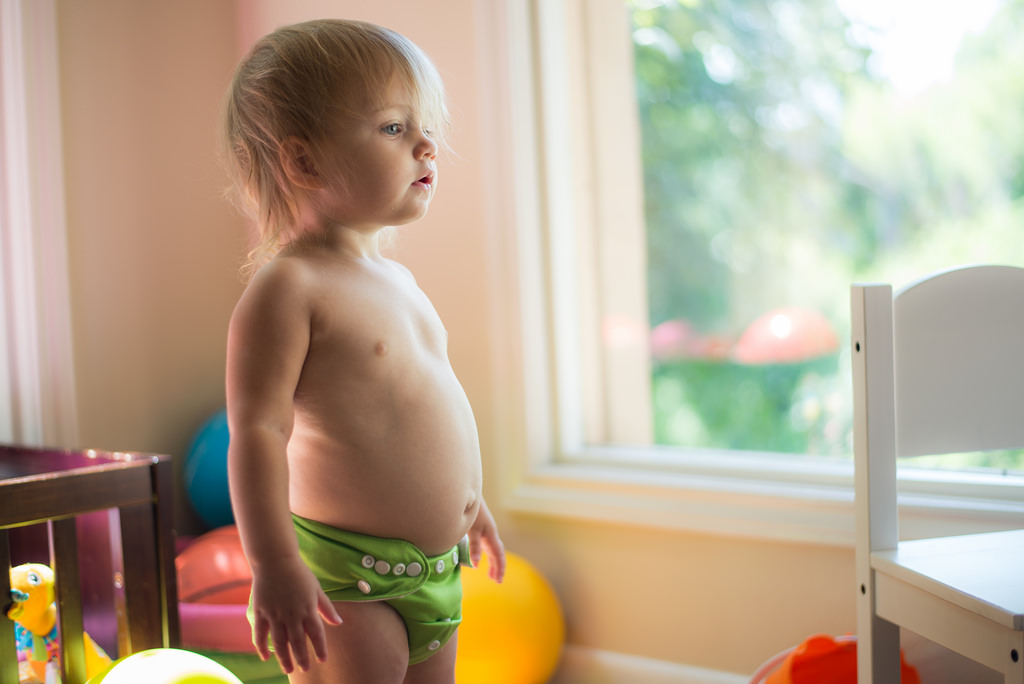
References
Prasad, H. R. Y., Pushplata Srivastava, and Kaushal K. Verma. “Diapers and Skin Care: Merits and Demerits.” The Indian Journal of Pediatrics 71, no. 10 (2004): 907–908.Retrieved from https://link.springer.com/article
Wilson, Patricia A., and Merry Jo Dallas. “Diaper Performance: Maintenance of Healthy Skin.” Pediatric Dermatology 7, no. 3 (1990): 179–184. Retrieved from https://onlinelibrary.wiley.com

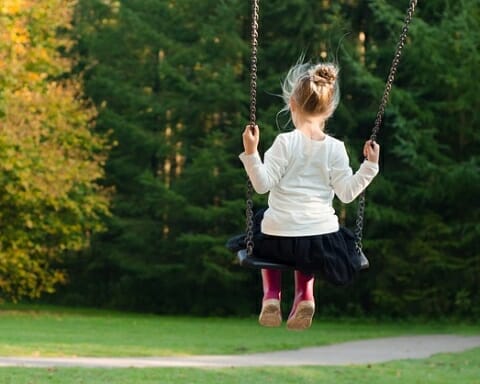

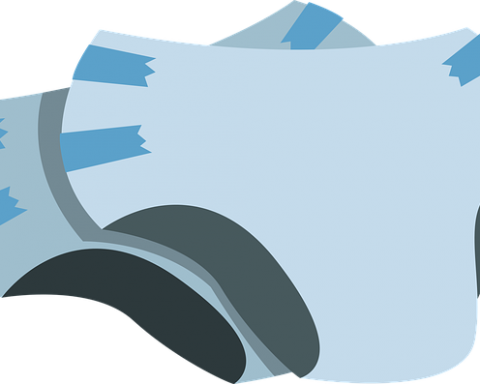



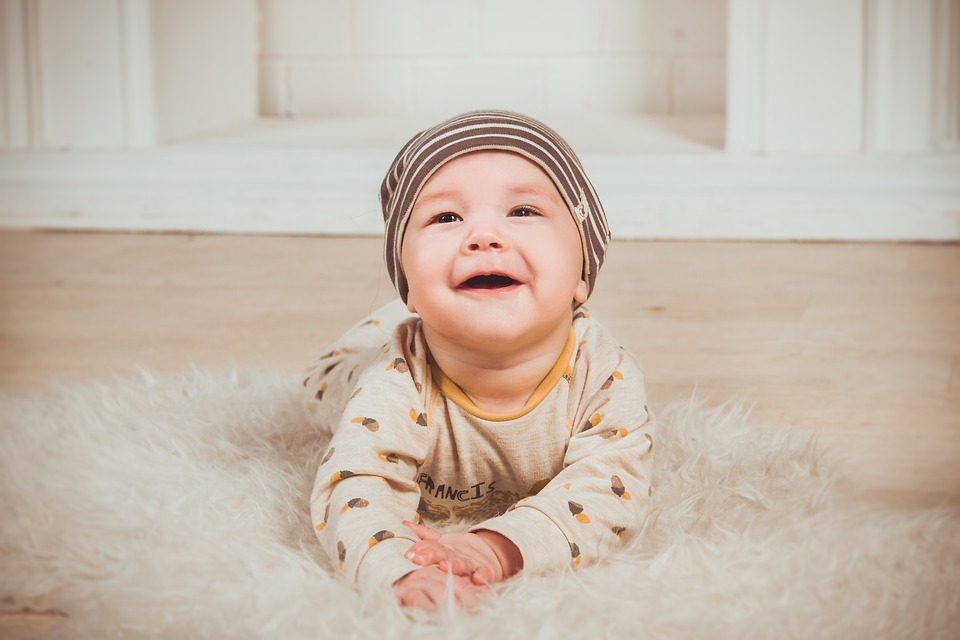
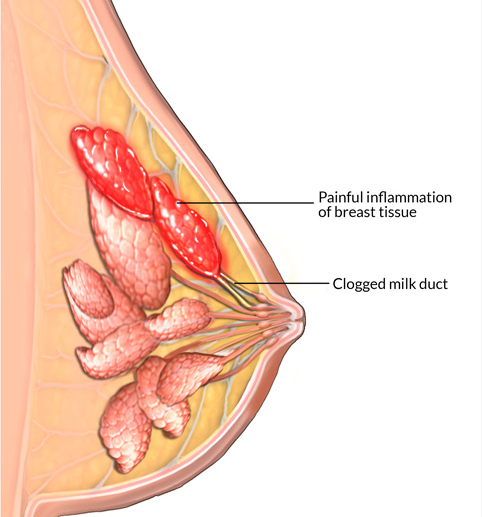


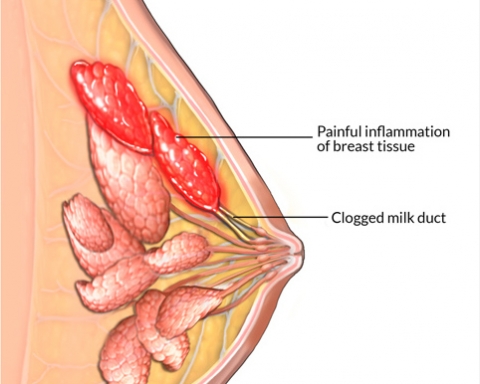
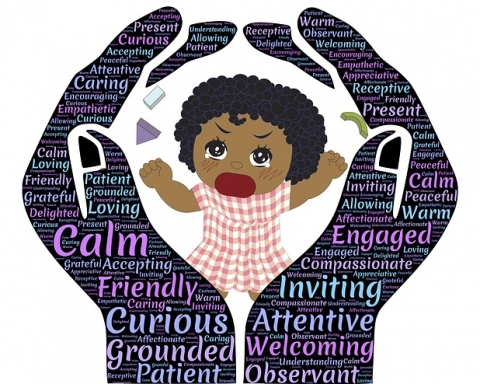

[…] baby may be ready to start potty training when he or she is able to keep a diaper dry for an extended period of time or when the baby becomes […]
Anyone can be potty trained with Cloth Diapers:
This is a complete true story! This takes place in a state institution for the Mentally Challenged in South Carolina! I’ve lived in SC in the 1980s! I’ve visited that st institution in Dec ’84! While this is even in the intensive care ❤ unit of the institution where it’s the Profoundly Mentally Challenged with IQ’s below 10 and mental age never beyond a newborn! Once they’re in their last week of being a newborn, bye bye to disposable diapers and hello to Cloth Diapers! From then on, disposable diapers only if having diarrhea! Just when they’re short of a year old, they’re wearing Thick Cloth Training Underpants with a liner! Just short of 2 years old, they’re wearing Fruit Of The Loom Underwear!